Spice Up Your Life with Authentic Thai Chili Sauce
Table of Contents
- Introduction: A Fiery Flavor Journey Begins
- The Hot History Behind Thai Chili Sauce
- What You’ll Need: The Spice Lineup
- Step-by-Step Recipe: From Chopping to Blending
- 5 Must-Know Tips for the Perfect Batch
- Creative Ways to Use Your Homemade Thai Chili Sauce
- Storage Secrets: How Long Can It Last?
- Conclusion: Spice is the Soul of Thai Cuisine
Introduction: A Fiery Flavor Journey Begins
If you've ever had Thai food—whether it was a plate of pad Thai, green curry, or grilled skewers—you’ve likely encountered that unmistakable punch of heat and flavor known as Thai chili sauce. But what makes this sauce so special? And more importantly, how can you recreate that authentic taste at home?
In this blog, we’re not just sharing a recipe—we're taking you on a flavorful journey through time, culture, and spices. Whether you’re a spice pro or someone who’s just starting to explore the world of chilies, this guide will give you everything you need to make a killer batch of Thai chili sauce.
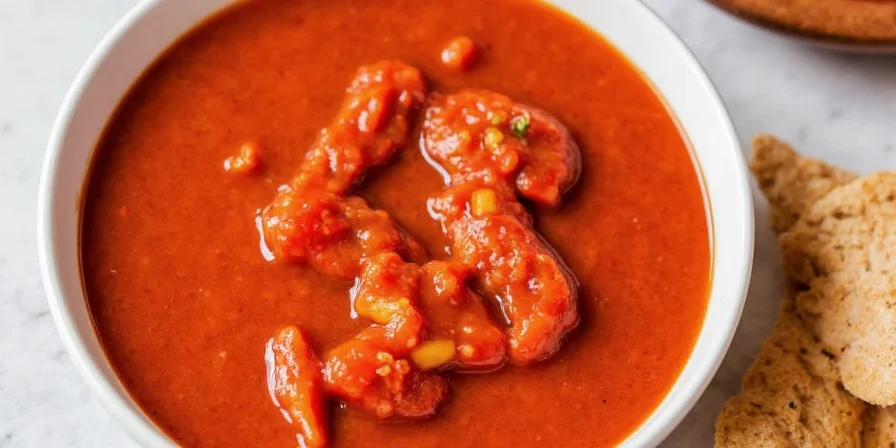
The Hot History Behind Thai Chili Sauce
Before we dive into the kitchen, let’s take a moment to appreciate the roots of this iconic condiment. Thai cuisine has always been bold in its flavors—sweet, sour, salty, bitter, and yes, spicy. But did you know that chilies weren’t native to Thailand?
Chili peppers made their way to Southeast Asia via Portuguese traders from the Americas in the 16th century. Once introduced, they were quickly adopted into Thai cooking, becoming an essential ingredient in many dishes—and thus, the famous Thai chili sauce was born.
| Region | Signature Chili Sauce | Heat Level (SHU) |
|---|---|---|
| Thailand | Nam Prik | 50,000–100,000 |
| Mexico | Salsa Roja | 2,500–50,000 |
| Korea | Gochujang | 1,000–10,000 |
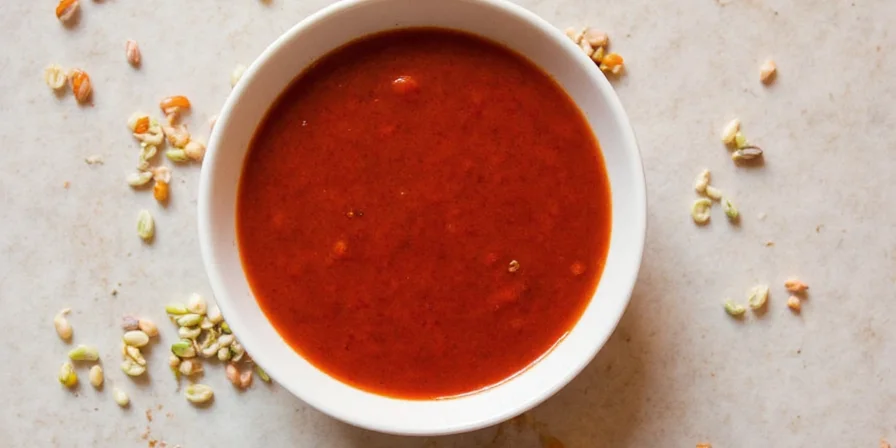
What You’ll Need: The Spice Lineup
To create your own Thai chili sauce, you don’t need a fully stocked spice rack. However, each ingredient plays a crucial role in balancing heat, flavor, and texture. Here’s what you'll need:
- Bird’s Eye Chilies – The foundation of the heat
- Garlic – Adds depth and pungency
- Shallots or Onions – Sweetness to balance the fire
- Shrimp Paste – Umami bomb!
- Lime Juice – For brightness and tanginess
- Fish Sauce – Salty backbone
- Palm Sugar – Just a touch to round things out
- Rice Vinegar or White Vinegar – Optional for extra zing
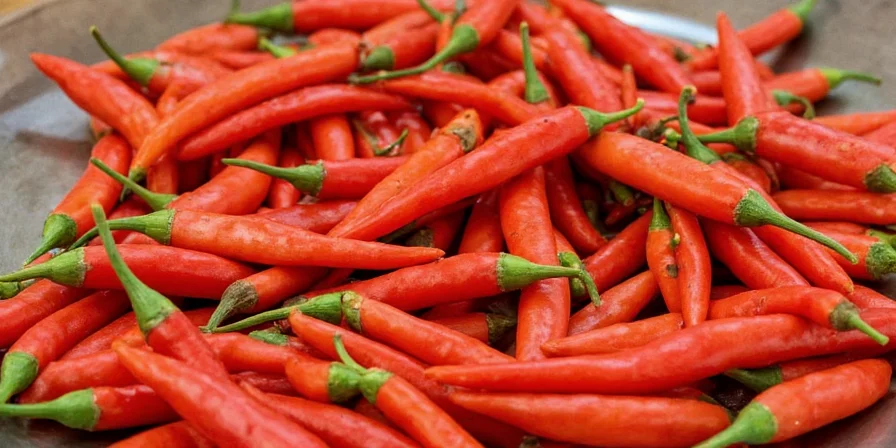
Step-by-Step Recipe: From Chopping to Blending
Ready to get cooking? Follow these steps to make your own Thai chili sauce:
- Rinse and Dry: Wash all your ingredients thoroughly and pat them dry.
- Roast (Optional): Lightly roast garlic and shallots over a stovetop flame or in the oven for deeper flavor.
- Blend: Toss everything into a blender or mortar and pestle and blend until smooth. Add a splash of water if needed.
- Taste and Adjust: Check the salt, sweetness, and acidity. Make sure it hits all the right notes!
- Simmer (Optional): Cook the mixture over low heat for 10–15 minutes to meld flavors even more.
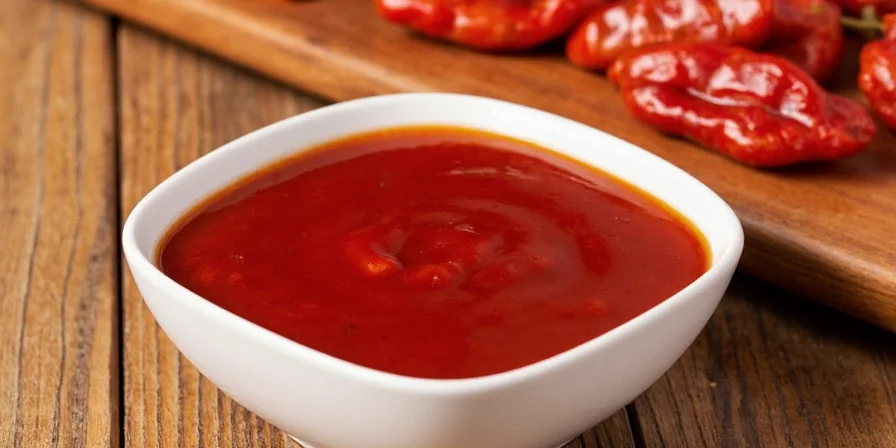
5 Must-Know Tips for the Perfect Batch
Making chili sauce might seem simple, but there are a few game-changing tips that separate the amateurs from the spice pros:
- Control the Heat: Remove seeds from chilies for a milder sauce or leave them in for face-melting intensity.
- Toast the Spices: Toasting garlic and shallots adds a smoky layer that takes the flavor to another level.
- Use Fresh Ingredients: Old chilies lose potency. Always go for firm, vibrant red ones.
- Balancing Act: If your sauce is too hot, add a bit more lime juice or sugar to counterbalance it.
- Experiment: Try adding lemongrass, kaffir lime leaves, or even a dash of coconut milk for regional twists.
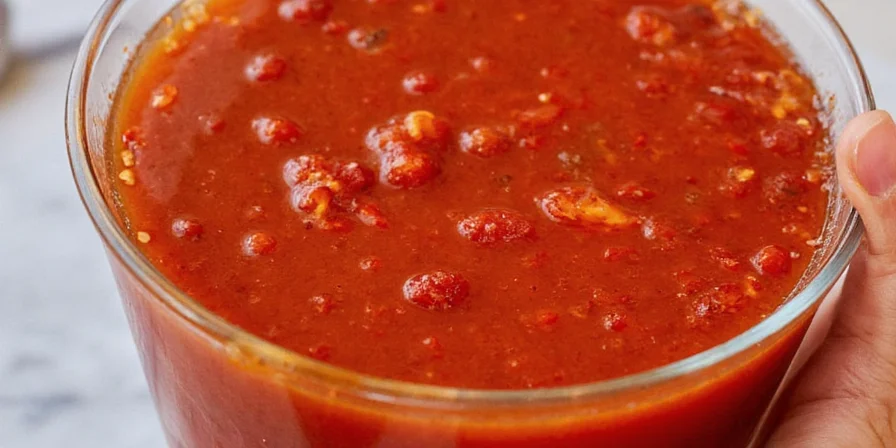
Creative Ways to Use Your Homemade Thai Chili Sauce
You don’t have to limit yourself to just dipping wings or drizzling over noodles. Here are some unique ways to enjoy your homemade Thai chili sauce:
- As a marinade for grilled chicken or seafood
- Mixed into mayonnaise for a spicy sandwich spread
- Stirred into soups or stir-fries for an instant flavor boost
- Drizzled over avocado toast or eggs benedict for a spicy twist
- Used as a base for Thai-style pizza or tacos!
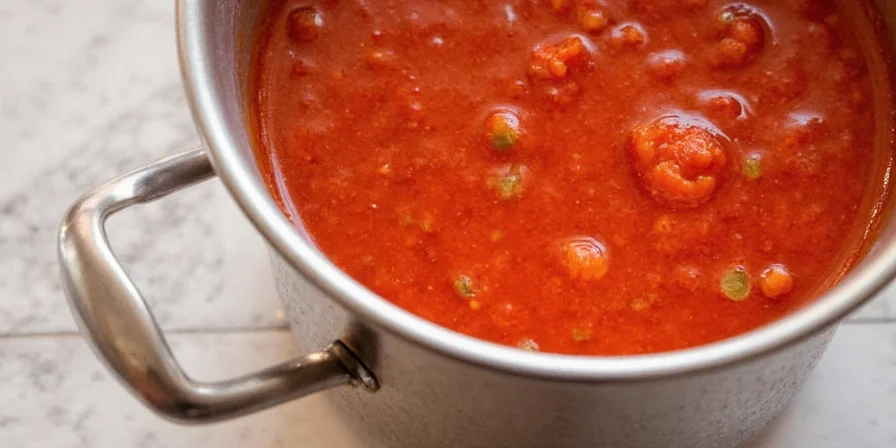
Storage Secrets: How Long Can It Last?
Good news: Thai chili sauce keeps well in the fridge for up to two weeks—if it lasts that long! For longer storage, consider the following:
- Refrigeration: Store in an airtight container or glass jar.
- Freezing: Pour into ice cube trays and freeze. Pop out a cube whenever you need a spicy kick.
- Preservation: Adding a splash of vinegar or lemon juice can extend shelf life naturally.
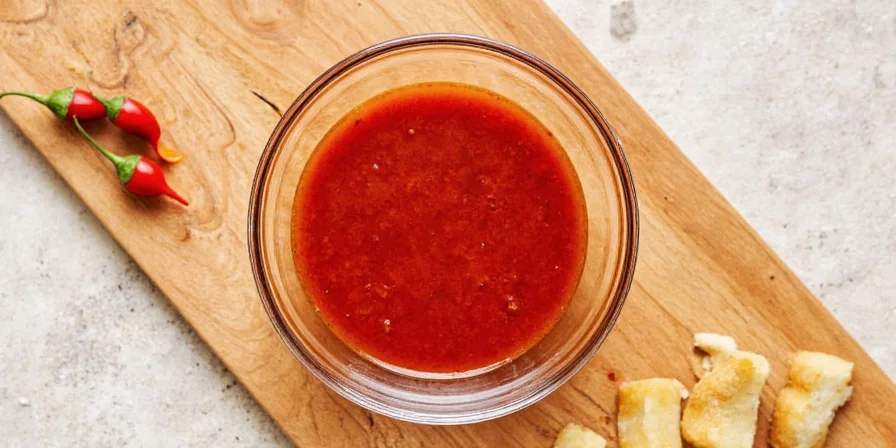
Conclusion: Spice is the Soul of Thai Cuisine
Making your own Thai chili sauce isn’t just about adding heat—it’s about connecting with centuries of culinary tradition, experimenting with flavor, and personalizing your food experience. With just a few ingredients and a little patience, you can bring a taste of Thailand straight to your kitchen.
So go ahead—blend boldly, eat joyfully, and keep the spice alive!
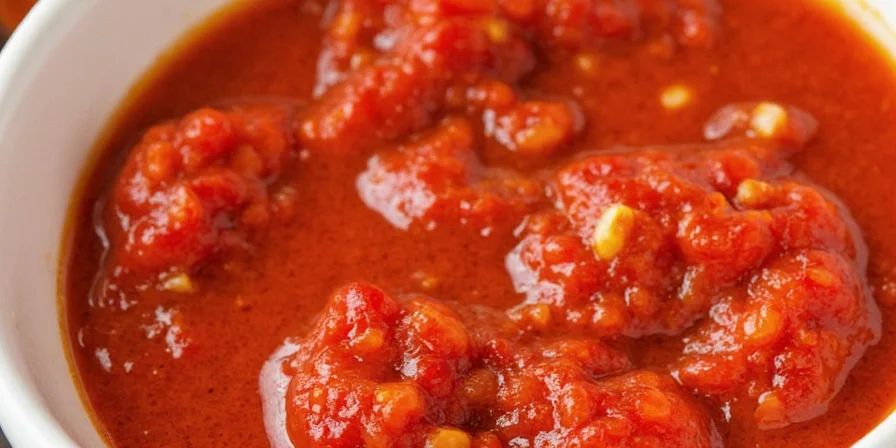

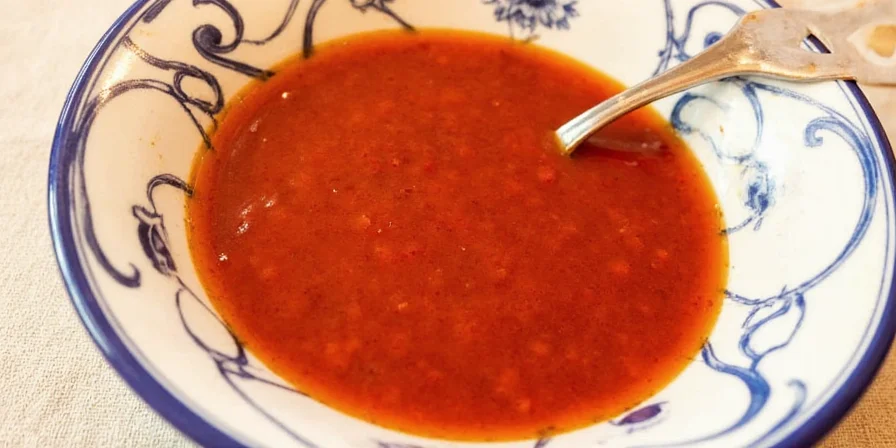









 浙公网安备
33010002000092号
浙公网安备
33010002000092号 浙B2-20120091-4
浙B2-20120091-4